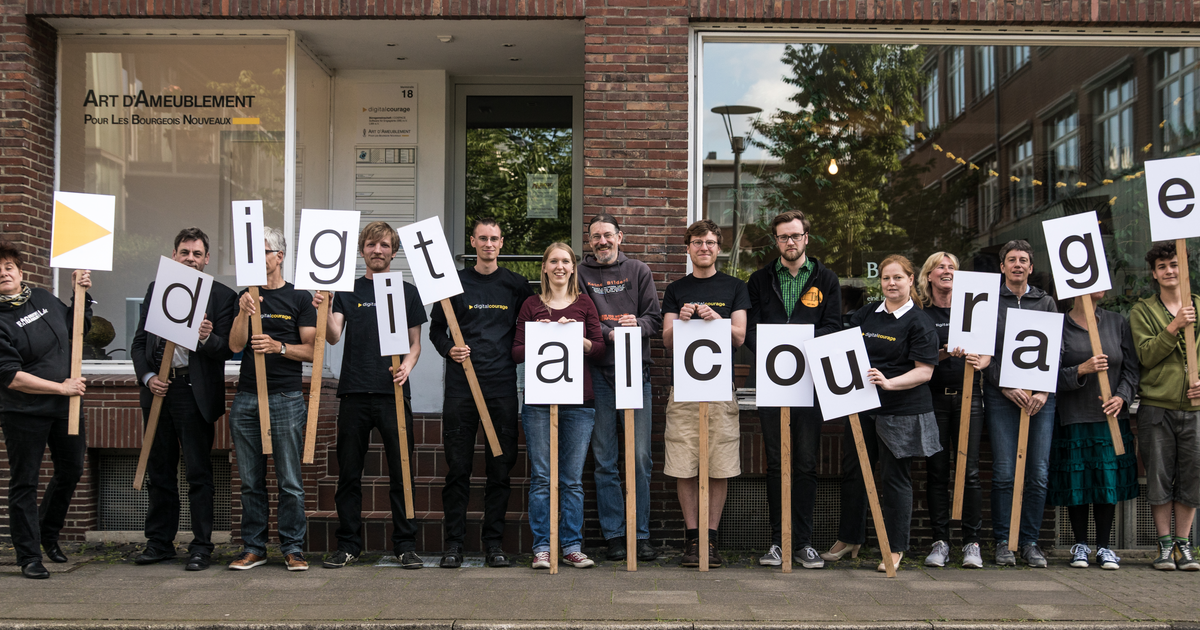Roland Barthes : le mythe moderne, ou la culture comme dispositif politique
Pour Roland #Barthes, la #culture n’a rien de neutre : elle naturalise l’#ordreBourgeois en transformant l’#histoire en #nature. Derrière nos #habitudes, nos #images, nos #récits, se cache toujours une #formeDePouvoir. La culture est un #dispositifPolitique, au cœur de la #reproductionSociale. #mythologies #idéologie #sémiologie #marxisme #critique Roland Barthes (1915–1980) a révolutionné…
